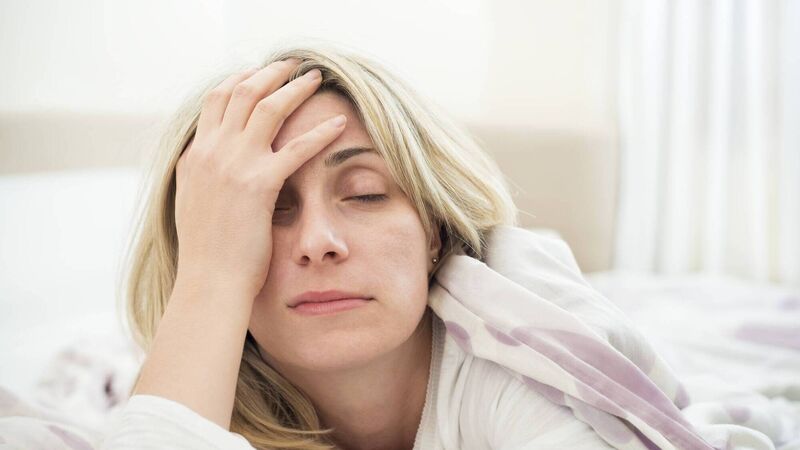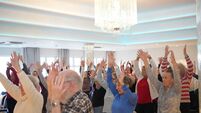Dr Michelle O'Driscoll: Practical tips to help address sleep issues

Mainly due to their caring roles, and hormonal changes across the lifespan, women are at greater risk than men for insomnia.
Sleep is something that is vital for our wellbeing, but can become all too elusive as we age and our lives become busier.
- Avoid alcohol, nicotine, and heavy meals for three hours before bedtime
- Keep your bedroom quiet, dark, and cool.
- Don’t exercise or take a warm bath right before bed.
- Don’t drink caffeine after 2pm.
- Don’t look at the blue light of screens for at least one to two hours before going to bed.







 App?
App?


